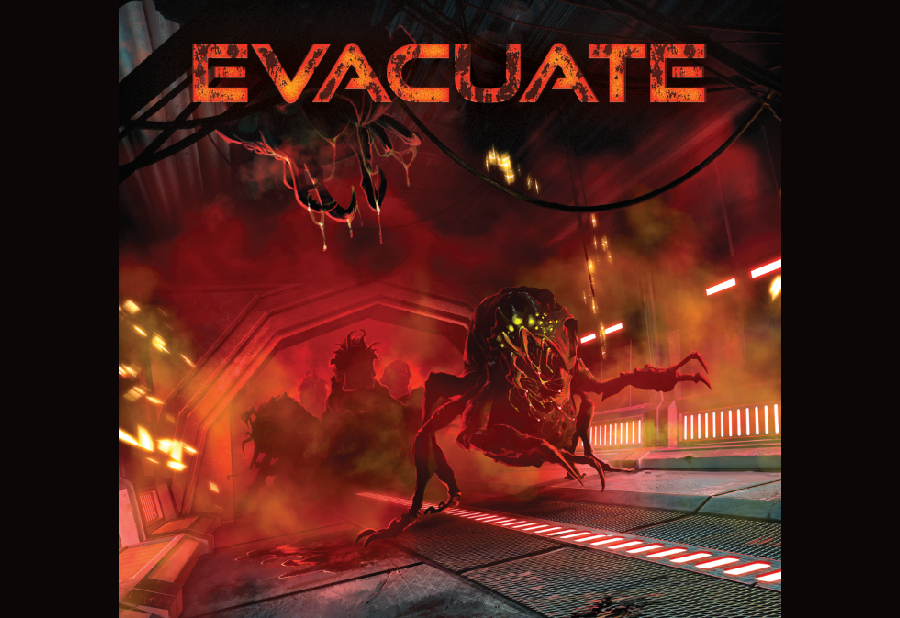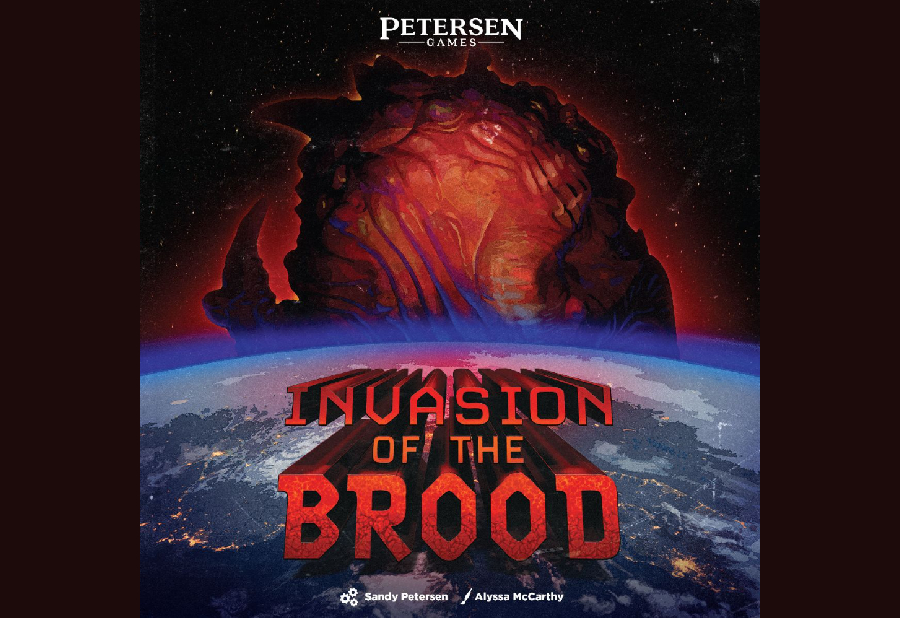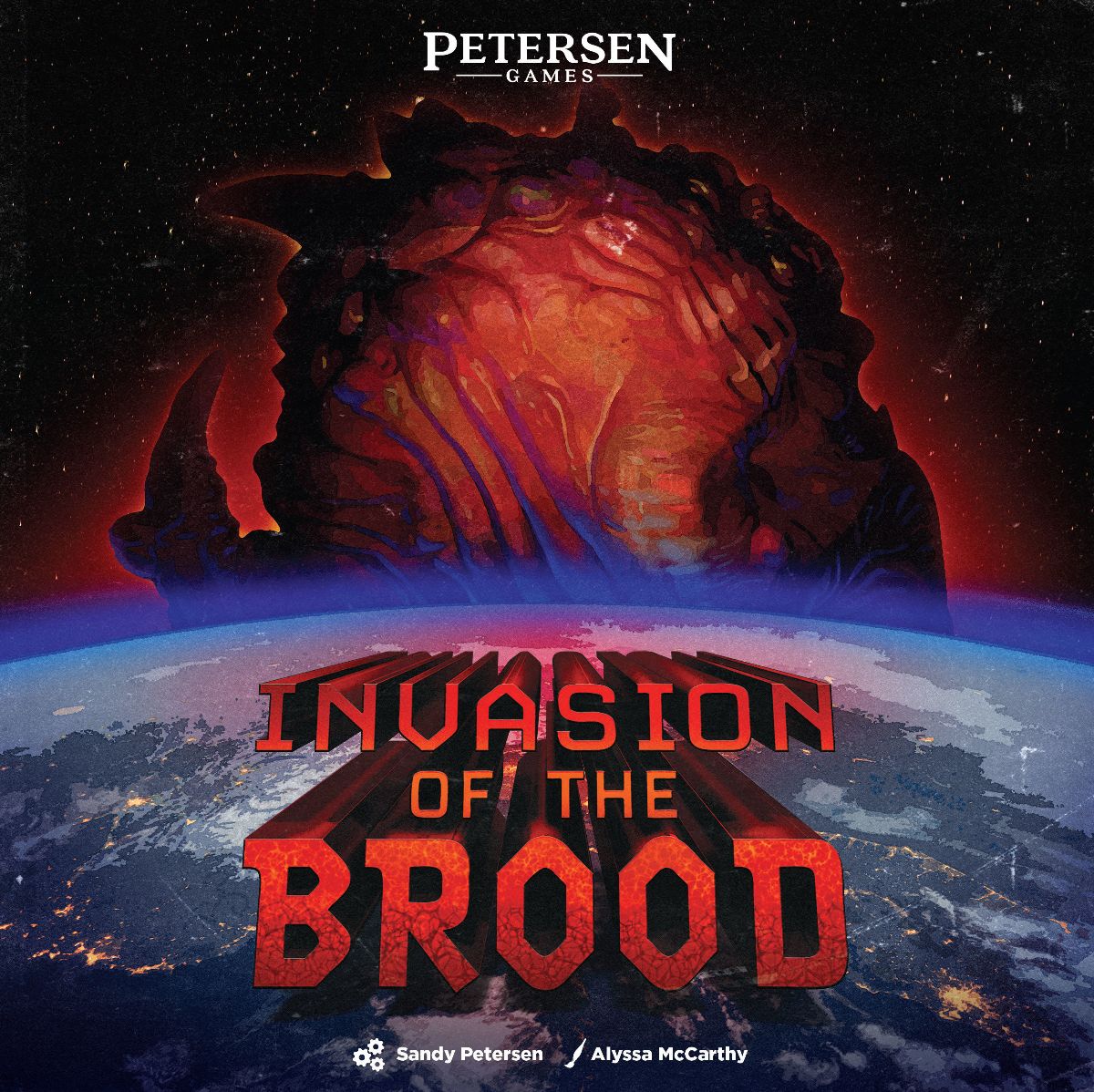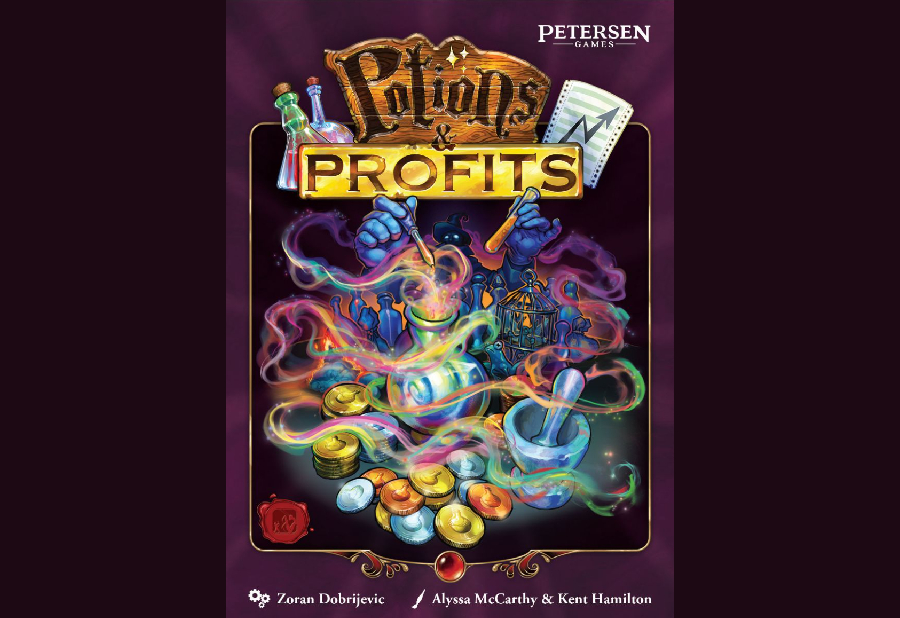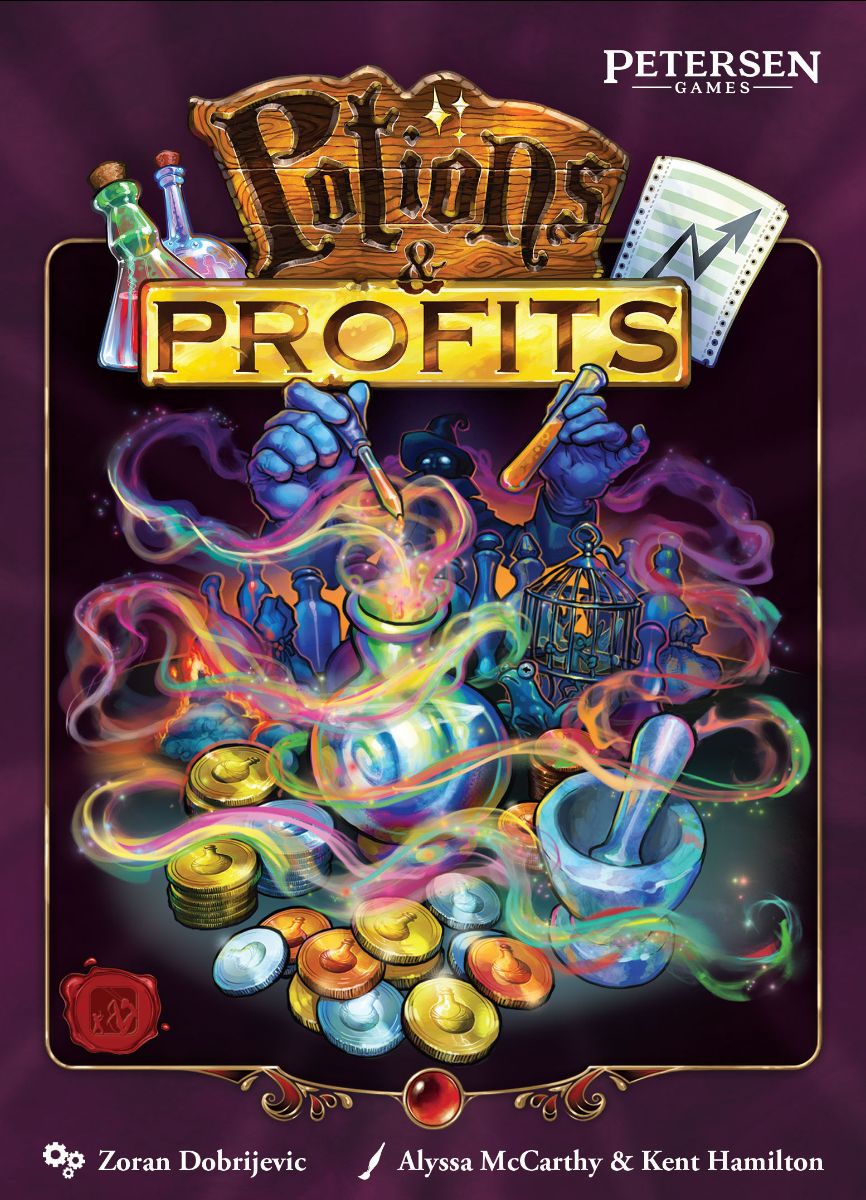A Publishers Interview with George Mylonas at Finders Grove. George wanted to get some advice from someone who knows the ins and outs of board games and tabletop RPGs to help guide him through developing a licensed game project. Here are the results! His website is FindersGrove.com
Can you give some advice on specific manufacturers for plastic mini figurines, boards and paper booklets? I know there are good deals overseas, but it’s hard to find one when you don’t speak the language and have little experience with physical production. Any leads on where to find these manufacturers and how to contact them would be majorly helpful.
There are dozens of such manufacturers, and they are actually really, really easy to find. In fact, they are eager to contact you and my team has to fend off new requests from them every week. They always have someone who speaks excellent English.
One easy way to find them is to grab a game off your shelf that you think was well-made, and look for the Chinese manufacturer’s name on it. Then look them up on Google. Many of them have the city names of Ningbo or Guangzhou in their company name, but not all. They are primarily located in Guangdong province. I will say that it is possible to get a bad manufacturer – you will want to get one that has a track record.
As for a kickstarter, were there any news outlets or influencers or social media marketing that significantly helped get the word out?
For my first kickstarters I did not use social marketing much, depending on my own well-known reputation to get the word around. I now pay a social media company to assist with this, but frankly I doubt their services would be useful to a newcomer.
The main sites you want to use are BoardGameGeek and Kickstarter itself. If you have a couple grand of cash laying around, you might want to consider paying for a banner ad on BoardGameGeek. Kickstarter itself will help a lot with its reach. I’d suggest frequent Kickstarter updates on your project, and both How-To-Play and playthrough videos.
Also, a couple of reviews would be good if you can get them. Most reviewers won’t review a game before it comes out, so you may have to do a “Player Feedback” video instead – have people play the game at a local game store or convention or your house if need be, then film their reactions to the game. (Obviously, edit out negative reactions if you have any)
Any general business tips and Kickstarter campaign advice?
Here are the most important four things I’ve learned from launching my games on Kickstarter.
1) Shipping is a huge, huge part of your costs. You can easily lose ALL your profit by not charging shipping correctly. Do not forget to charge VAT for Europeans – they’ll bitch and moan about it, but if you eat those costs, that is literally all your profit, meaning you are making zero money on shipping to Europe. You also have to charge sales tax separately for every state in the USA. It’s a massive, massive pain and you may want to contact a fulfilment company to help you run the campaign. I can recommend https://gamerati.biz/ but there are others. If you do decide to go with Gamerati, tell Ed I sent you.
2) Your game should be as complete and polished as possible before the campaign starts. In the old days, this wasn’t necessary. Now it is.
3) Be as communicative as possible with your backers. Show up in the Comments. Blast updates.
4) if your project fails, regard this as a gift from God. You now know that this game idea would not have been a success. Don’t complain about it and try to rework it so it’ll succeed. You’ve just been told it’s not working and now you don’t have to lose tens of thousands of dollars trying to make it work. I have had many, many failed kickstarter campaigns and I am grateful for each one. One time I really believed in the project, so I decided to rework the campaign and relaunched. I then (barely) funded – I have ever since regretted doing it since that project did not have any momentum in the market either and I was stuck with thousands of copies taking up space in my warehouse (for which I paid) which took years to sell. Argh. I guess what I’m saying is that it’s good to know that the project is going to fail ahead of time – this is what Kickstarter tells you!
